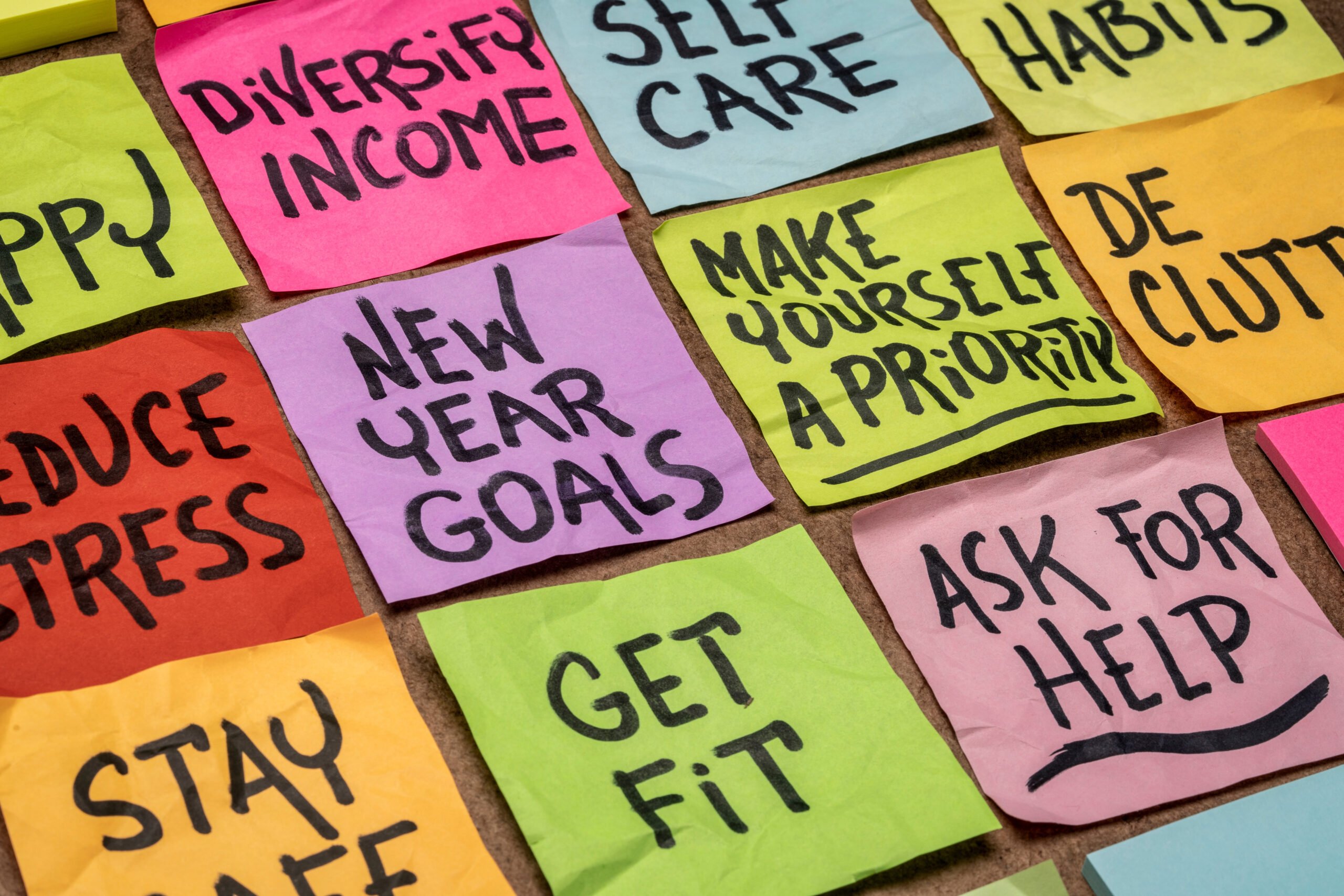WE all do it. Every January 1, we promise ourselves that we will lose weight, drink less alcohol, smoke less tobacco, read more books … but there are experts in universities who study this behaviour, and they say that 92% of us fail to follow through on our good intentions. So what can we do to improve on our performance?
It’s the obvious point on the calendar for us to ring the changes. New year, new start. The Spanish call a New Year’s Resolution a propósito del año nuevo. We feel positive about the future, and confident that we can change those aspects of ourselves that we don’t particularly care for.
But here we are still in January and many will have already broken their resolutions. What goes wrong?
The people who do the research into it say we have two weaknesses: we don’t plan things properly, and we’re not honest with ourselves.
The University of Scranton in New Jersey, USA, has looked into our New Year’s Resolutions, and the researchers say they hear over and over again things like: “I’m definitely going to lose weight, honest, but it’s Sharon’s birthday this weekend, so a few drinks and a bit of cake won’t hurt”, or “No more cigarettes – but summer is when I smoke most, so I’ll stop when the weather improves.”
We’re kidding ourselves. The psychologists say that we use the general in order to avoid the specific. “The resolution really has to be specific,” says Carolina Marín, a family therapist. “Don’t say, ‘I’m going to lose weight’. Say, ‘How am I going to do it? How many pounds can I realistically shed per week? What will my ‘new’ weight be on 1 July?’”
Professional decorators will tell you, actually painting the living-room is the easy part of painting. What guarantees a good result is all the pre-painting preparation.
So it is with a New Year’s Resolution. We need to plan it – and a question that we’re not good at asking ourselves is, “Am I going to need help?”
Research shows that if you include another person in your project, you have a much better prospect of success. Indeed, say the psychologists, why not go one step further, and make it a group resolution?
Doing something like losing weight is far better (in terms of actually losing weight) when it’s a group activity, for three reasons: (1), you are under pressure not to let the others down: if everybody steps on the scales at your group meeting, you really have to lose some weight if you don’t want to look foolish: (2), competition is a great motivator: the mental attitude, ‘Susan is so pleased with losing 8 ounces: I’ll show her!” almost guarantees that you’ll forego that cream bun next Tuesday: (3) it’s fun! We are social creatures, so things that we do collectively are more enjoyable. If you want to read more, why not start a book club with a couple of friends?
Another aspect of all this is being realistic. A forty-year-old man who never takes exercise and who says on New Year’s Eve, “I’m going to run the London Marathon in the new year” is almost certainly not going to accomplish it. If you’re forty, your objective is to be a fit forty. Don’t set yourself up to fail.
When all is said and done, you’re only letting yourself down if it doesn’t work out, not endangering world peace, say the psychologists. We have to get rid of the word “must”. A self-improvement project needs to be a pleasant hobby. Don’t place unnecessary stress on your own shoulders. Make it fun!
So give up smoking, lose weight – but enjoy it!
So if you find you have ALREADY fallen off your resolution wagon and February isn’t even here yet, why not start again, this time following this advice…
RESOLUTION ADVICE
1. Base your resolution on personal growth – so learn a language, or read all 15 Dickens novels.
2. Make daily affirmations – almost like a prayer, remind yourself every day what it is you’re striving to achieve.
3. Set goals along the way – perhaps monthly – little ‘check-ups’, to reward yourself with a sense of accomplishment.
4. Celebrate achievements – mark your ‘good’ months with a personal reward.
5. Reject rejection – shrug off the ‘bad’ months, and keep going!
Click here to read more Health News from The Olive Press.








